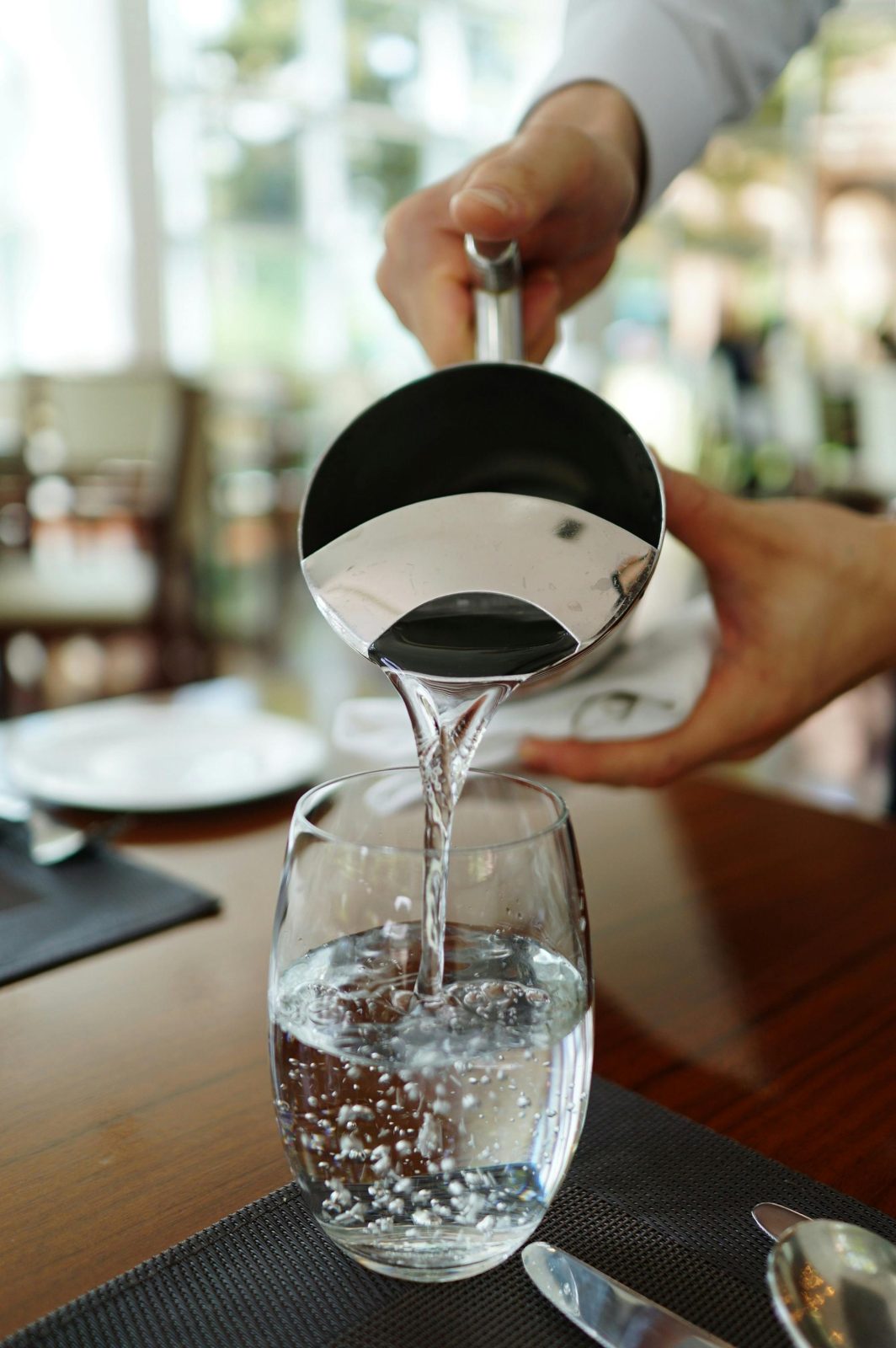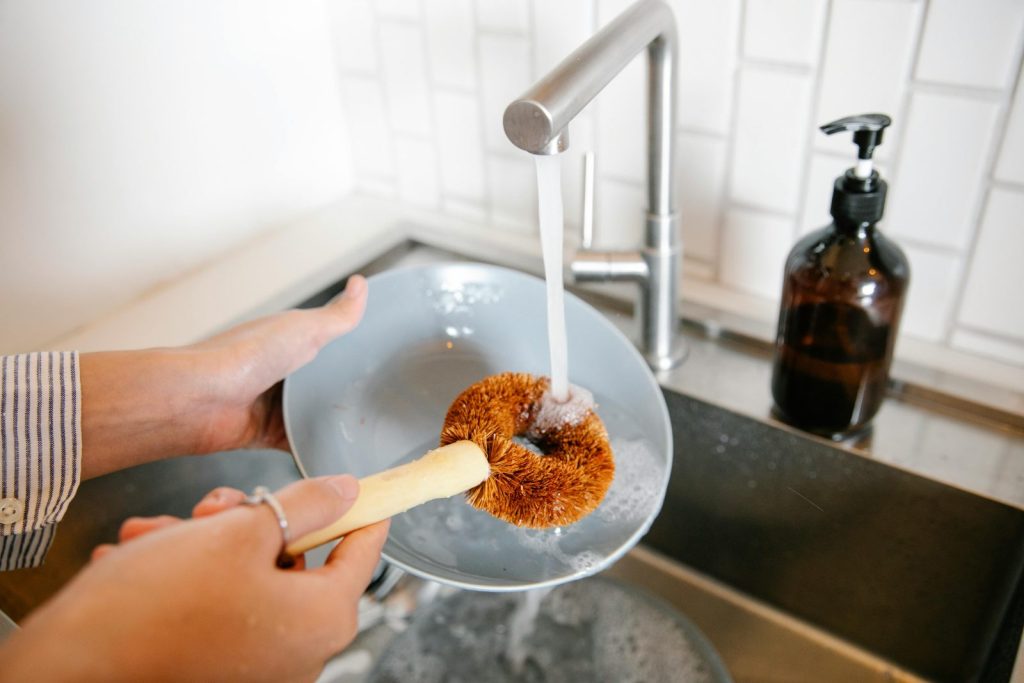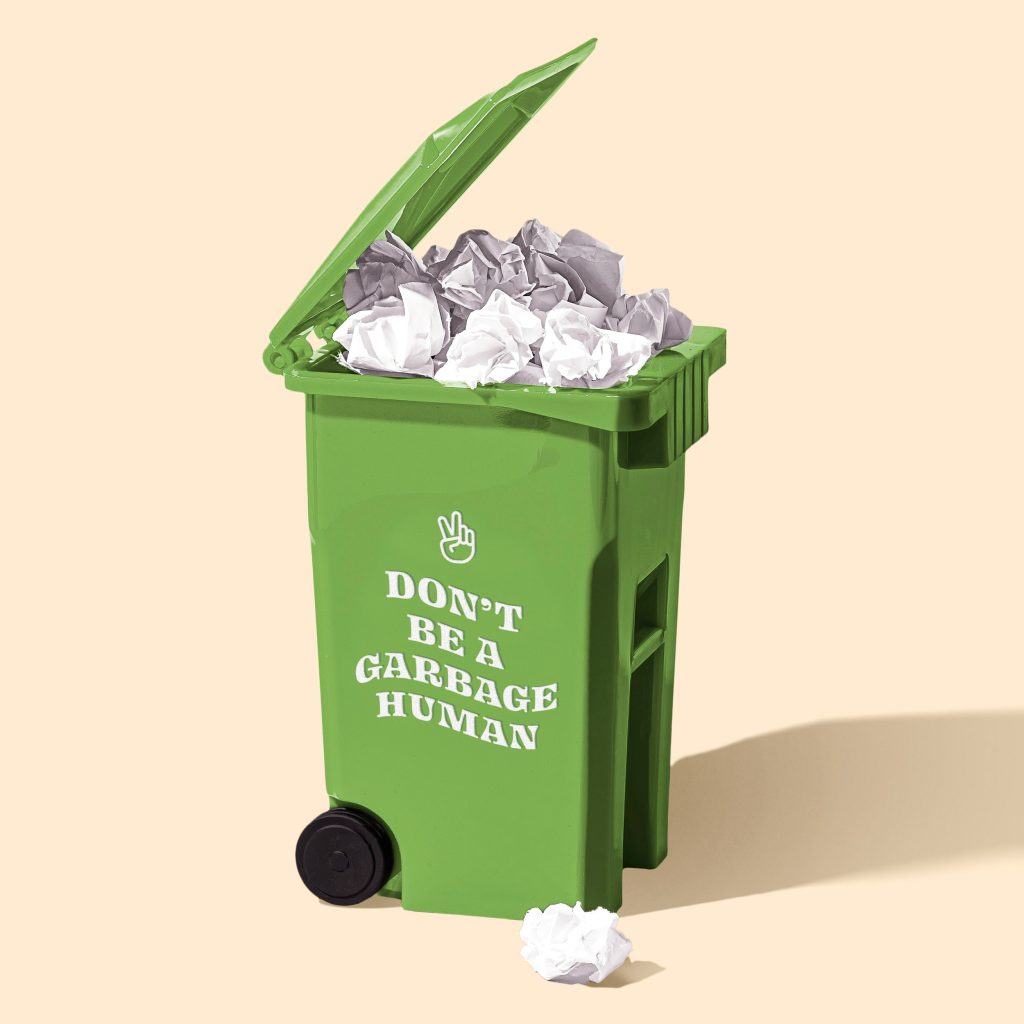
What is sustainable living? How Your Choices Shape a Sustainable Present and Future
By embracing sustainable living, we adopt practices that contribute to the well-being of the environment, society, and economy.

Are you looking for ways to save water during the hot summer months?
Did you know fixing leaks and efficiently watering your garden can significantly reduce water wastage?
Curious about how rainwater collection can help you conserve water?
Join us as we learn how to conserve water this summer.
As the temperatures rise, so does our water usage. Summer often leads to increased water consumption, whether it’s through watering gardens, filling pools, or simply taking more frequent showers. However, with environmental concerns and the need for sustainable living, conserving water is more critical than ever.

Photo by Steve Johnson: https://www.pexels.com/photo/stainless-faucet-861414/
In this blog, we’ll explore practical water-saving tips that help you reduce your water footprint while enjoying a lush, warm summer. Integrating these water conservation strategies into daily life benefits the planet and significantly lowers those hefty summer water bills.
Reducing water usage indoors can be straightforward and doesn’t require lifestyle changes. Begin by evaluating your daily water patterns and making manageable adjustments. For example, laundry machines and dishwashers should run only when fully loaded. With this practice, we can save a significant amount of water.
Remember to check all faucets, pipes, and toilets for leaks.
The water consumption is extremely high in case of water leakage.
You can also achieve considerable water savings by installing aerators on your faucets and opting for low-flow showerheads, reducing water usage in half.
We don't have to shower less, but if we turn off the water during shampooing or brushing our teeth we can save a lot of water.

Photo by cottonbro studio: https://www.pexels.com/photo/brother-and-sister-brushing-their-teeth-7086237/
Upgrading to a water-efficient toilet is impactful. Older models can use up to 3 times more water per flush. Implementing these strategies can lead to significant water savings and foster a more sustainable lifestyle.
Think about the significant impact of consistently practicing this small habit over time. Similarly, if you reduce shower time by a few minutes you can save a lot of water.
By stimulating all household members to adopt these water-saving habits, you can collectively make a positive difference in the water bill and the environment.
Also, the water that flows while waiting for your shower to heat up can be used for cleaning or watering plants. Enlighten everyone in your household about the importance of conserving water and set practical goals to track your progress together.
Extend these water-saving measures beyond the bathroom. For instance, use a broom instead of a hose to clean driveways, or wash your car with a bucket of water instead of a running hose.
The kitchen is a hotspot for excessive water use, but a few changes can make a big difference. When washing dishes by hand, avoid running water continuously. Instead, fill one sink or basin with wash water and the other with rinse water. This dual-sink method can reduce water usage considerably.

Photo by Sarah Chai: https://www.pexels.com/photo/crop-woman-washing-dishes-in-kitchen-7262356/
Also, be mindful of how you dispose of food waste. Composting rather than using the garbage disposal saves gallons of water and benefits your garden too. Furthermore, consider installing an efficient dishwasher, as modern models are designed to save water and energy while still providing sparkling results.
The bathroom offers numerous opportunities for water conservation. Besides installing low-flow showerheads and faucet aerators, consider upgrading to a high-efficiency toilet.
For existing toilets, a displacement device (a bag filled with water) can be placed in the cistern to reduce the amount of water needed per flush. Additionally, as we already mentioned, repairing leaky toilets can prevent water from being wasted.
Incorporating technology is a great way to enhance your home’s water efficiency. Smart home systems can now monitor water usage and provide data that helps in fine-tuning consumption patterns. Technologies like tankless water heaters ensure that you only use the water you need, avoiding the waste in storing and continuously heating water. Also, consider gray water systems, which recycle water from baths, showers, and washing machines and use it for toilet flushing and garden irrigation.
Managing your lawn and garden is vital for outdoor water conservation. Here are some easy tips to manage it efficiently:

Photo by Tima Miroshnichenko: https://www.pexels.com/photo/woman-watering-the-plants-6508960/
Smart irrigation systems can drastically reduce your outdoor water use. These systems adjust watering based on weather conditions, soil type, and plant water requirements. Many smart irrigation systems are equipped with moisture sensors. That can be particularly effective during the summer when water use typically spikes. Upgrading to a smart irrigation system can be an investment initially, but the savings on water (and money) are well worth it in the long run.
Rainwater harvesting is a fantastic method for reducing dependency on municipal water systems and providing your plants with chemical-free water. You can start small by using barrels to collect rainfall from gutter downspouts.

Photo by Aleksandar Pasaric: https://www.pexels.com/photo/silhouette-and-grayscale-photography-of-man-standing-under-the-rain-1530423/
Consider installing a permanent system with a storage tank and proper filtration. This system integrates into your home's plumbing to supply water for toilets and washing machines. This system lowers your water bills and optimizes the use of a valuable natural resource.
As we embrace the warmth and activities of summer, adopting water-saving habits is crucial for fostering sustainability. Easy changes that make a meaningful impact:
By educating our household members and making adjustments, we conserve water, save money, and contribute to a healthier environment.
Consider the cumulative effect of these small changes. When we all take steps to reduce water waste, the benefits extend beyond our homes. Communities can experience lower water demands, leading to more stable water supplies and reduced strain on local ecosystems.
Moreover, conserving water helps mitigate the effects of droughts.
Implementing large-scale solutions, such as installing permanent systems with storage tanks and filtration, further enhances our water conservation efforts.
They also represent a long-term investment in sustainability, maximizing the utility of a valuable natural resource.
Expanding water-saving practices beyond the household to outdoor areas is equally important. Using a broom instead of a hose to clean driveways and washing cars with buckets instead of running hoses can substantially reduce water waste.
Additionally, watering gardens in the early morning or late evening when temperatures are cooler helps minimize evaporation.
Together, we can achieve a sustainable summer, demonstrating that small changes, when adopted collectively, can lead to a substantial and lasting impact. By committing to these water-saving tips, we contribute to a sustainable future, fostering a culture of conservation and responsibility that will benefit our planet for years to come.

By embracing sustainable living, we adopt practices that contribute to the well-being of the environment, society, and economy.

Sustainability goes beyond admiration; it is a commitment to maintaining the delicate balance between our species and the planet.

Dive into the world of traditional board games and discover their diverse health benefits. Explore expert insights on how these games contribute to well-being and mental acuity.

Natural deodorant is an effective and environmentally friendly product. It is a healthy option since traditional antiperspirants often contain chemicals.

Let’s discover the environmental impact of household waste, and hopefully, this will inspire us to create a new mindset.
Welcome to Sustainable Living by Science. With our scientific mindset, we are exploring how to nurture our well-being while caring for the environment. We are sharing the meaning of sustainability through evidence-based practices. Join us on this journey towards a greener, healthier future where science guides us to make the best choices for ourselves, the planet, and others.
All content is © 2024 by Sustainable Living by Science. All rights reserved.